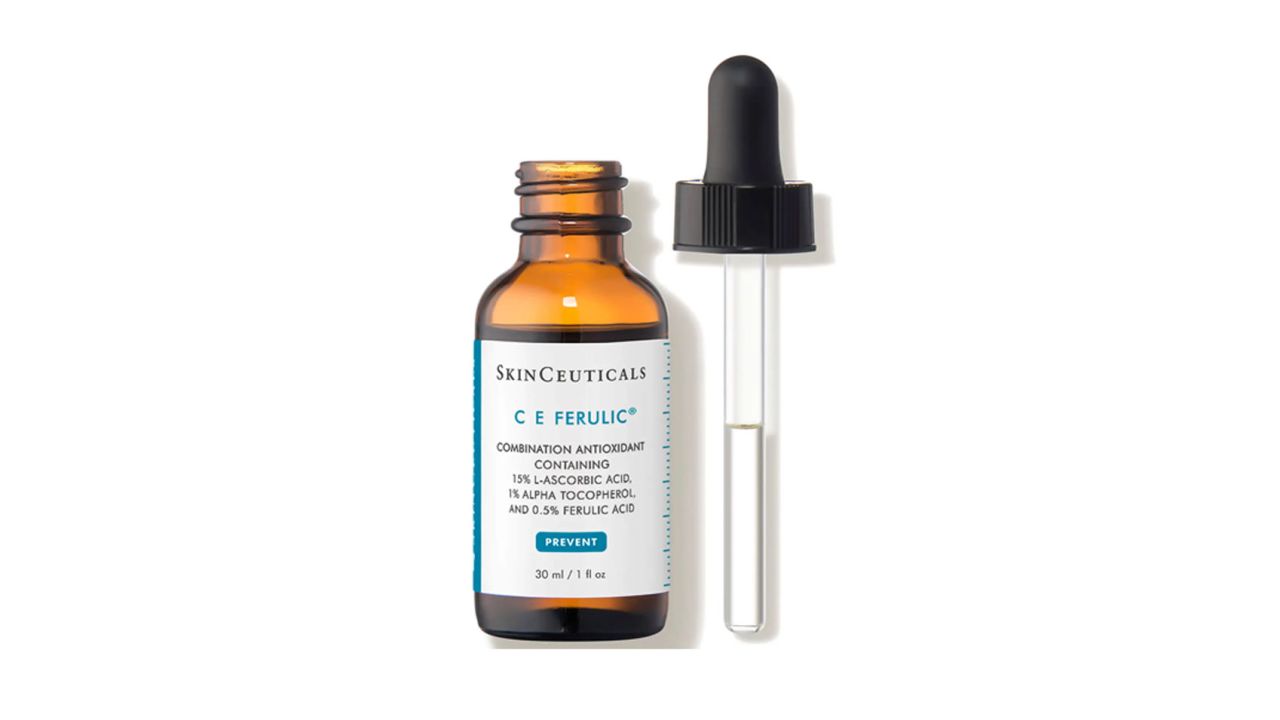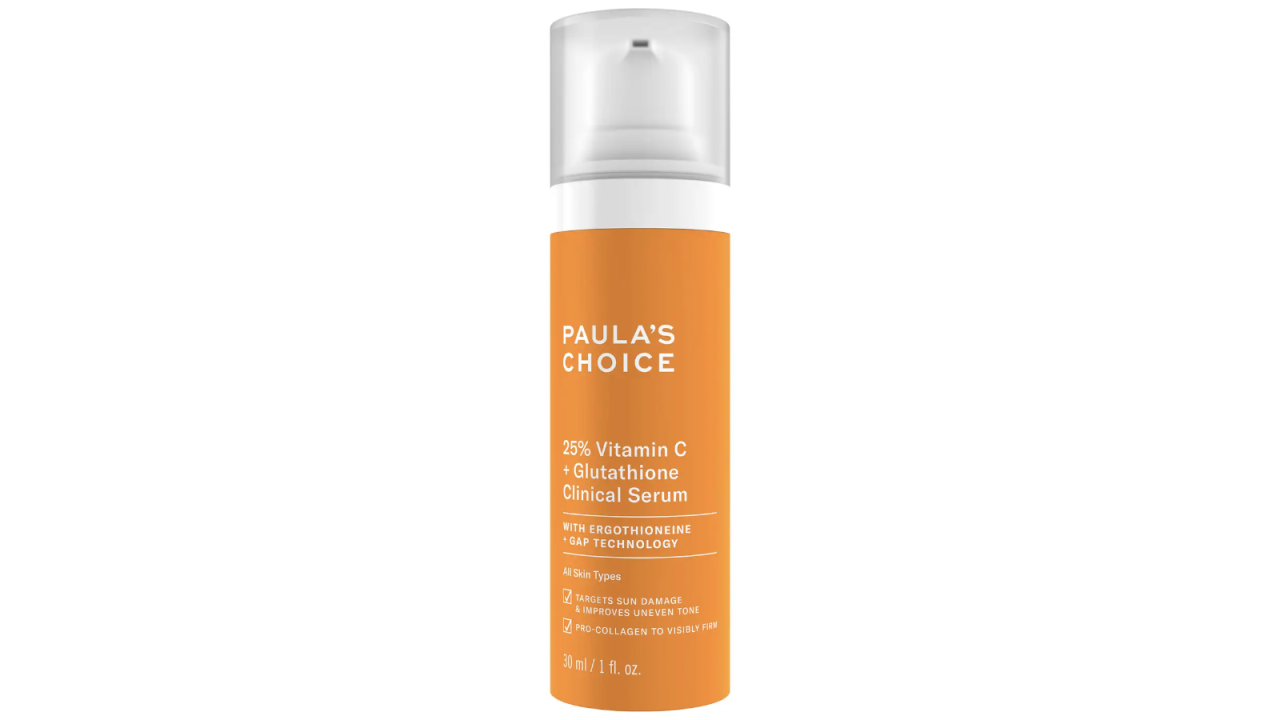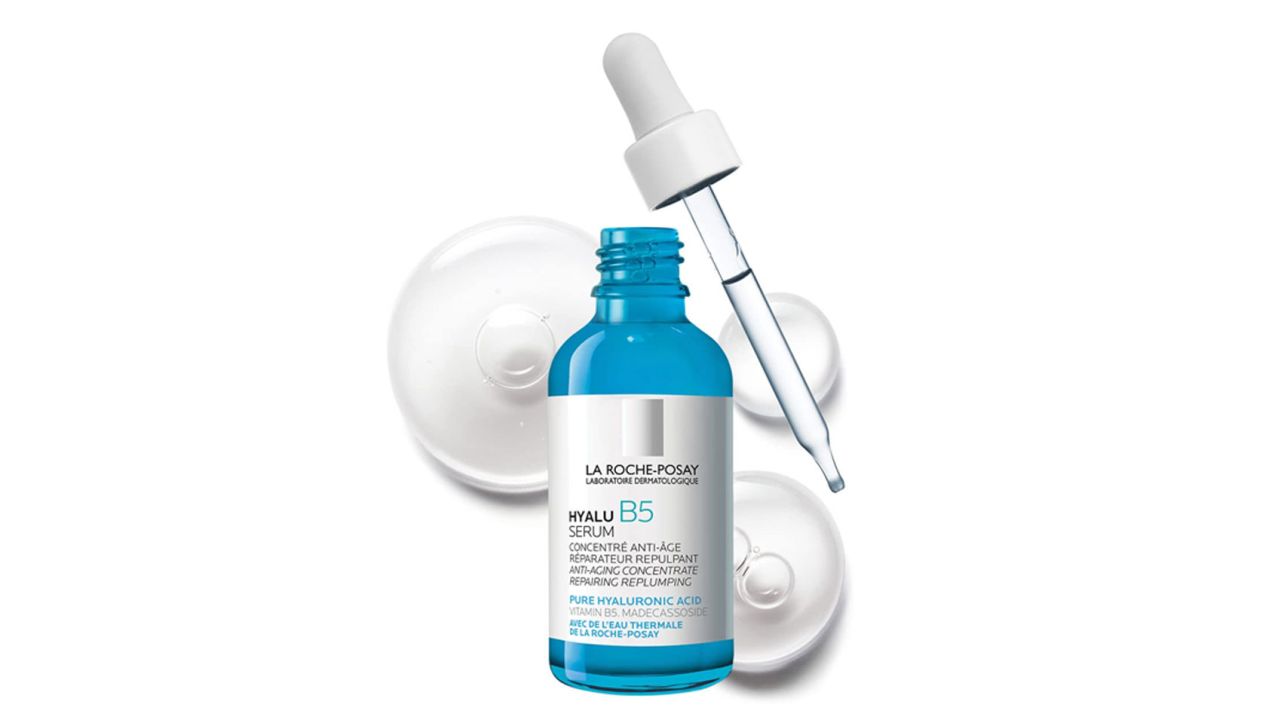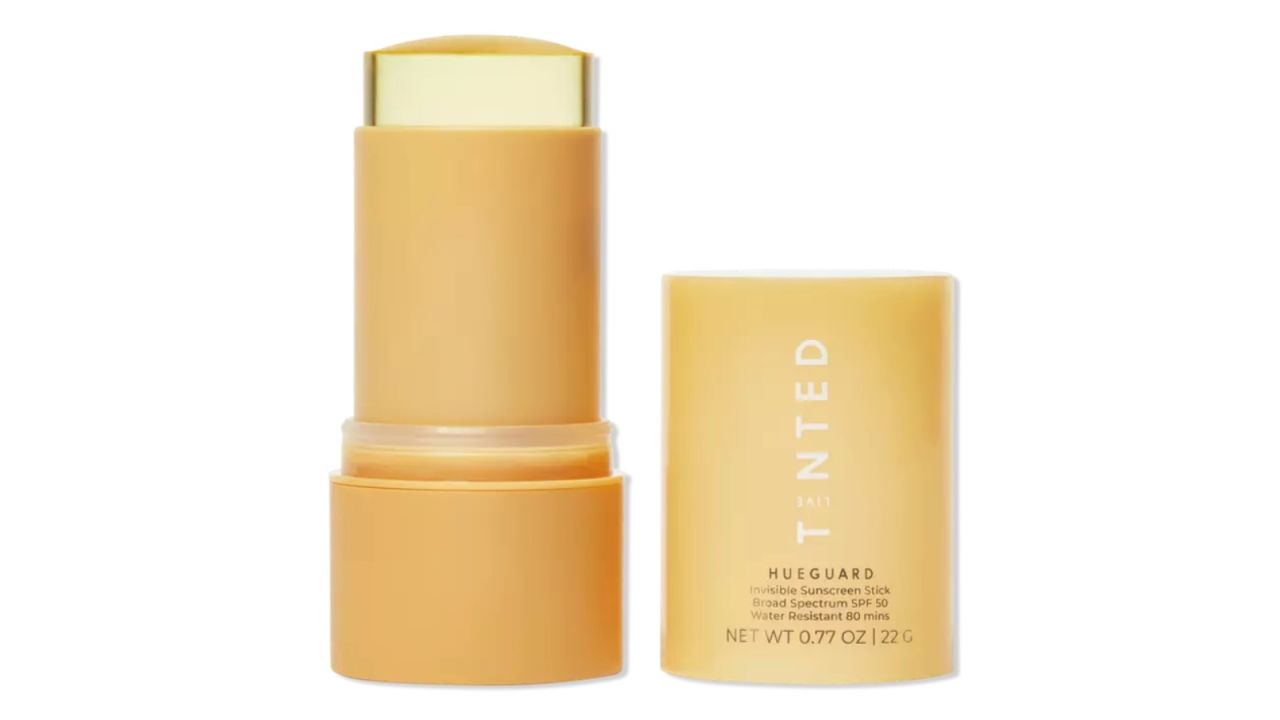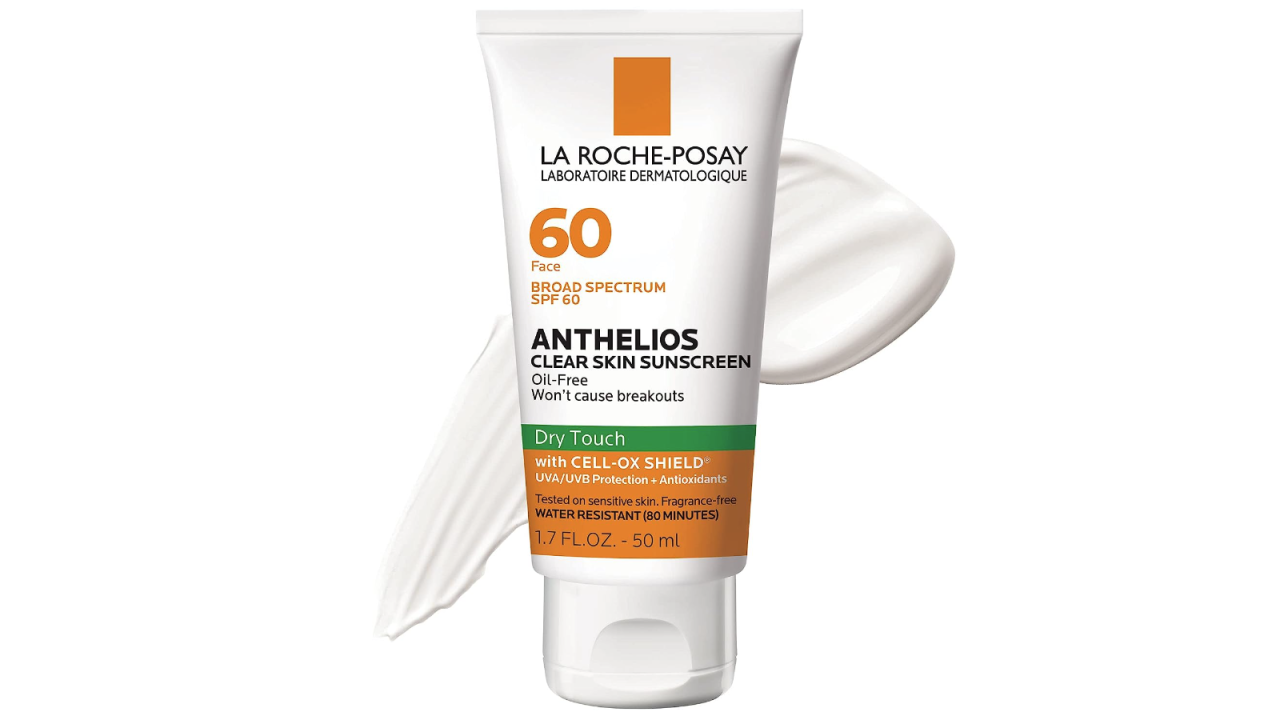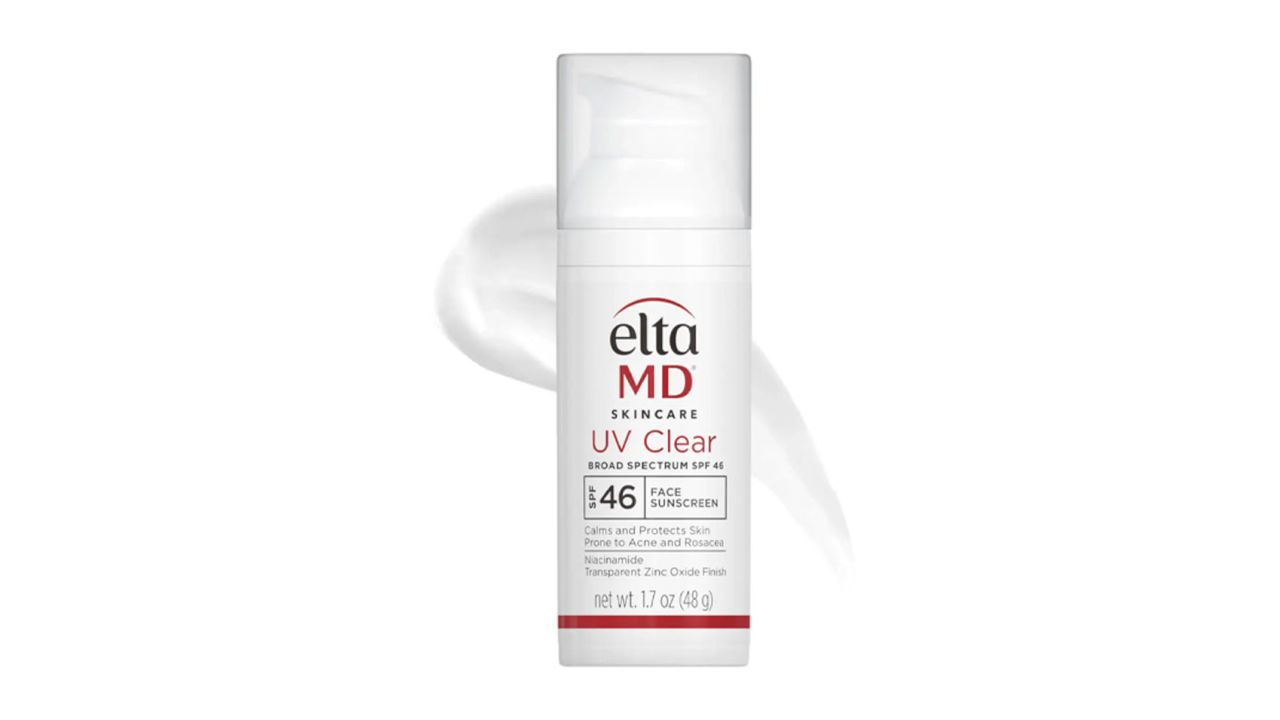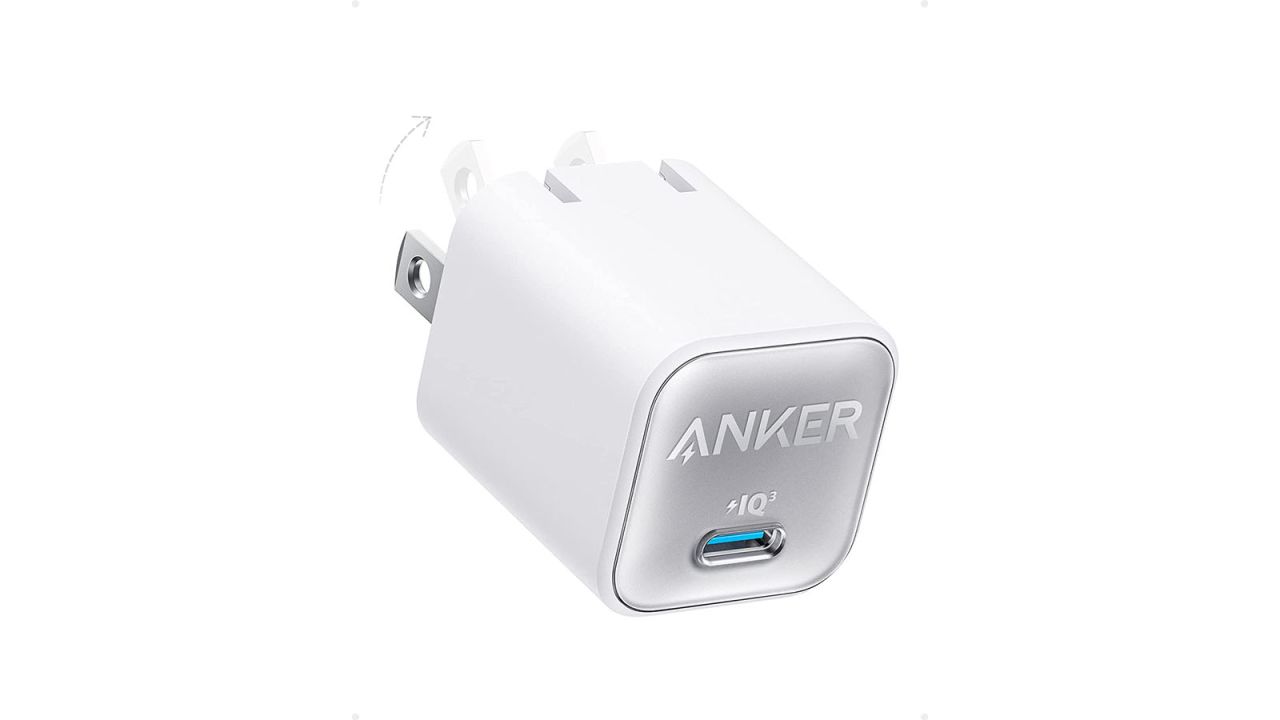As we get older, our bodies undergo tons of tiny changes that keep us moving — albeit sometimes not as quickly as we used to. Because the skin is the body’s largest organ, many of these changes stare back at us in the mirror; some of them are healthy and completely natural, like smile lines or crow’s-feet.
“Many changes occur within the skin over the years that outwardly are manifested as aging,” says Dr. Carlos Charles, board-certified dermatologist and co-founder of 4.5.6. Skin. He adds that sun exposure, pollution and blue light from screen time are the most common external factors that contribute to accelerated aging. “These will gradually cause textural skin changes, hyperpigmentation and even collagen loss, which results in fine lines and wrinkles. [Plus], as we age, the skin cells tend to regenerate more slowly, leading to a duller complexion.” In other words, our skin’s ability to retain moisture, produce collagen and repair itself quickly decreases dramatically over time.
Thankfully, there are tons of anti-aging skin care products that can help to smooth wrinkles, buff away hyperpigmentation and overall work wonders on mature skin. CNN Underscored spoke to four dermatologists to find out what anti-aging products actually work and what powerhouse ingredients to look for.
What skin care is best for aging?
An effective skin care routine will take into account ingredients that protect and repair the skin. This means you are using sunscreen and antioxidants to guard against UV and free radical damage during the day and then focusing on restoring the skin’s health with active ingredients that support the skin barrier, boost hydration and promote cell turnover at night. You can also incorporate targeted treatments for concerns like like wrinkles and dark spots with ingredients that exfoliate, brighten and smooth. So, what are the specific ingredients that can help your skin? Next up, the dermatologists share the five skin care ingredients that are proven to make a difference.
Must-have anti-aging ingredients
Antioxidants like vitamin C
“Antioxidants … help your skin recover from environmental stressors,” says Ava, pointing out that vitamin C is one of the most lauded antioxidants out there. Board-certified plastic surgeon Dr. Julius Few agrees: “As a pillar of any highly effective skin care ritual, topical vitamin C calms and cools the skin while providing a layer of protection from free radicals and environmental pollutants. Check the label for L-ascorbic acid, which is considered to be the vitamin C best for skin. Arguably the most important ingredient to maintain healthy skin long-term, antioxidants work to neutralize aging free radicals like pollution, smoke and the main culprit, UV rays.”
Vitamin C serums for mature skin
For a budget-friendly option, this vitamin C serum has a whopping 92,000 5-star ratings on Amazon. It combines vitamin C with a bunch of other skin-loving ingredients like hyaluronic acid, vitamin E, aloe vera and jojoba oil.
“Vitamin C helps us form new collagen, keeps skin bright and boosts sun protection to prevent some photodamage,” says?Dr. Loretta Ciraldo, a Miami-based board-certified derm and founder of?Dr Loretta skin care. It’s made with tetrahexyldecyl ascorbate, a highly stable form of vitamin C and is one of associate beauty editor Sophie Shaw’s all-time favorite products for visible, glowing results.
Few, who founded Aforé, recommends using a vitamin C serum during the day time, applying it after you cleanse the skin. “We have a vitamin C serum for both oily and dry skin types, so you can tailor it to your skin’s type and needs,” he says. Both formulas target signs of aging and sun damage with ascorbic acid.
“Vitamin C [in its most potent and stable format of L-ascorbic acid] is perhaps the best known antioxidant. It helps to support increases in synthesis of collagen and photoprotection by slowing oxidative damage and is even more viable with sunscreen,” says Ava. This cult-favorite contains a potent and effective 15% L-ascorbic acid that makes the high price tag worth it.
Zeichner recommends using vitamin C “along with your sunscreen to protect you from UV damage from the sun, as it blocks the production of abnormal pigment to lighten dark spots and even skin tone.” This formula is specifically targeted to treat pigmentation, thanks to the addition of glutathione and GAP technology (glutathione amino acid precursors) to increase antioxidant protection.
Moisturizing ingredients like hyaluronic acid and ceramides
“Ingredients that both help to support the skin’s barrier function and that can attract moisture to the skin care are key,” says Charles. He recommends looking for hydrating ingredients like ceramides and hyaluronic acid, which he calls “a great humectant that helps to attract and retain moisture to the skin surface.”
Hydrating products for mature skin
“We know that with age, skin barrier function declines and the skin cannot maintain hydration as well as it used to,” says Dr.?Joshua Zeichner,?the director of cosmetic and clinical research at Mount Sinai Hospital’s department of dermatology. “So, look for moisturizers that contain ingredients like hyaluronic acid, which acts like a sponge to pull in hydration to the other skin layer.” This popular option from Olay combines moisture-boosting hyaluronic acid with anti-aging peptides in a lightweight gel formula.
This hydrating serum contains pure hyaluronic acid, plus soothing vitamin B5 and calming centella asciatica for a well-rounded option that you can use day and night. Derms love it and so do reviewers: It has over 18,000 5-star ratings.
If you opt for a hyaluronic acid serum, it’s a good idea to follow it up with a ceramide cream. “Ceramides help create a barrier on the skin and thereby minimize permeability,” says Charles. “They also help to protect against environmental factors that lead to skin aging.” This one from Dr.Jart+ is a favorite among derms and customers alike.
“Algae and aloe vera have similar benefits for soothing and calming skin and managing dehydration, while algae also inhibits the enzymes that break down collagen, a common cause of skin laxity and aging,” says Dr. Ava Shamban, a board-certified dermatologist based in Los Angeles and the founder of?Ava MD Dermatology,?SkinFive?Medical Spas and?The Box by Dr. Ava. This pick from Algenist contains an algae concentrate and a patented alguronic acid to reduce the appearance of fine lines and wrinkles. It even has a touch of shimmer to enhance the natural glow it brings to the skin.
Daily sunscreen, 365 days a year
“After 40 years of practicing as a dermatologist and performing total body exams on patients aged from 18 to 98, I am still fascinated by the fact that about 90% of all the skin ‘aging’ we see takes place almost exclusively on skin that is exposed to the environment,” says Ciraldo, who recommends?daily SPF?no matter what time of year it is.
No more surprising is that every single dermatologist agreed with her. “The importance of sun protection cannot be overstated,” says Few. “Even on cloudy days and indoors. The light through the car windows, blue light from phones and computer screens can compound into visible skin damage over time.”
Anti-aging sunscreens
According to dermatologists, reapplying sunscreen is the only way to ensure adequate protection throughout the day. A sunscreen stick is a great method for this since they are easily portable and can be used over makeup.
“Anywhere above or below the towel needs to be covered daily even when working from home,” says Ava. “If you’re outside and in more intensive sun, double down on sunscreen every 90 minutes with 30 SPF and add a hat or sun-protective clothing.”
Having a dedicated face sunscreen can come with additional benefits, like this brown algae- and niacinamide-infused formula that helps balance the skin.
While a minimum of SPF 30 protection is the general rule of thumb, Few recommends going for SPF 50: “Using a broad-spectrum SPF 50+ sunscreen with UVA and UVB protection keeps UV rays from prematurely damaging and aging your skin.” This oil-free formula offers broad-spectrum SPF 60 protection with a mattifying effect that makes it a great option for those with oily or acne-prone skin.
This dermatologist-approved mineral sunscreen is one of Dermstore’s bestsellers. One reviewer says, “This is the only facial sunscreen that I purchase. It is perfect for everyday wear and is fantastic under makeup. I love that it has zinc oxide in it for strong protection.”
Retinol
“Retinol is perhaps the best studied ingredient we have to fight the appearance of fine lines and wrinkles,” says Zeichner. More than that, the powerhouse ingredient promotes brighter, more youthful skin.
“My favorite ingredient for brightening the skin is a retinoid,” says Charles. “Retinoids address skin brightening through multifactorial channels. They work by increasing skin cell turnover and, thereby, they help the skin to more quickly shed the dull older skin cells away. This allows for the younger and more vibrant skin cells to come to the surface more efficiently.”
Anti-aging retinol treatments
Zeichner recommends this cream because “it uses a stabilized form of retinol in a moisturizing delivery system that minimizes potential irritation.”
If you’re new to retinol use, start by applying the product every other night to avoid sensitizing the skin, and gradually increase frequency to every night according to your skin’s tolerance.
Charles calls this night cream “an excellent retinol for novices, as it is gentle and less likely to cause irritation. It also contains niacinamide, and B3 helps calm inflammation that can induce aging.”
This celebrity-loved retinol is nonirritating, so it’s great for those with sensitive skin. It also contains exfoliating alpha hydroxy acids for additional skin-smoothing benefits.
The algae extract in this product offers a hydrating buffer for the retinol, making it a favorite of Ava’s — and almost every customer who purchased it.
Alpha hydroxy acids
“As cell turnover slows down, we don’t shed cells from the skin surface as we once did,” says Zeichner. “As a result, light does not reflect as well off the surface of the skin, which translates to a dull appearance. Incorporate alpha hydroxy acids like glycolic or lactic acid into your routine to enhance exfoliation.”
Dullness-fighting AHA treatments
Customers have given this glycolic acid serum, which gently exfoliates the first layer of skin to reveal brighter, plumper skin, nearly 2,000 5-star reviews. The straightforward formula also includes glycerin for a touch of hydration and aloe leaf juice to soothe the skin.
In addition to smoothing the skin, AHAs can also help even skin tone and address pigment issues like darks spots and hyperpigmentation. “AHAs … add vibrancy by removing dead cells that store pigment and give a lackluster appearance to skin,” says Ciraldo. This anti-aging serum treats discoloration with a blend of glycolic acid, tranexamic acid, lipohydroxy acid and kojic acid.
This editor-approved treatment smoothes and brightens the skin with purified lactic acid, nixing dullness and revealing a more radiant complexion.
These cult-favorite peels have remained a bestseller for years because they work. Combining three AHAs — glycolic, lactic and malic acids — these potent wipes deliver noticeably smoother skin after just one use.




